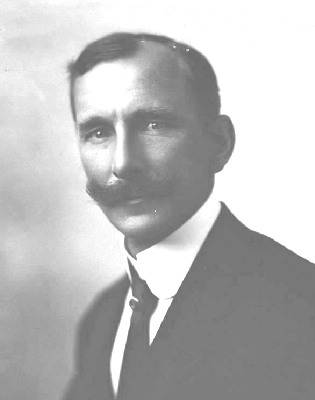
At the conclusion of The Great War, President Wilson drafted a solution that he had hoped would maintain peace with all nations and truly keep to his campaign "A war to end all wars". Wilson's goal was to end the war in a forgiving and charitable way. With this in mind, he came up with the 14 Point Plan. 14 idealistic approaches which he hoped he could maintain postwar. Most important was his last point, the proposition of the League of Nations, a peacekeeping organization with representatives from all nations.
1. Public diplomacy and negotiations
2. Absolute freedom of the seas
3. Removal of economic barriers and creation of equality in trade
4. Reductions by all nations of their armies to the lowest point consistent with public safety
5. Adjustment of colonial claims to the interests of both the inhabitants of the colonies and the colonial powers
6. Russian independence and evacuation of it's territory by other powers
7. Evacuation and restoration of Belgium as independent
8. Evacuation of France and the return of the Alsace-Lorraine territory to France
9. Readjustment of Italian borders
10. Independence of multiple nationalities in Austria-Hungary
11. Evacuation of the Balkan states and allowance for them to be independent along lines of established nationality.
12. Protection of minority states in Turkey and free passage through the Dardanelles by all nations
13. Independence for Poland, including free access to the sea
14. A "League of Nations" should be formed to allow security for large and small powers alike.
Later on, Wilson's 14 points proved to be rather unsuccessful, as the other Allies found them to be too lenient, and they wanted a more severe punishment for their German foes. As a result, he was forced to compromise practically all of his 14 points except his most cherished League of Nations.
 This is similar to Lincoln's 14 Point Plan because many were not satisfied with the lenience of the plan, and desired a harsher punishment for the perpetrators.
This is similar to Lincoln's 14 Point Plan because many were not satisfied with the lenience of the plan, and desired a harsher punishment for the perpetrators.
